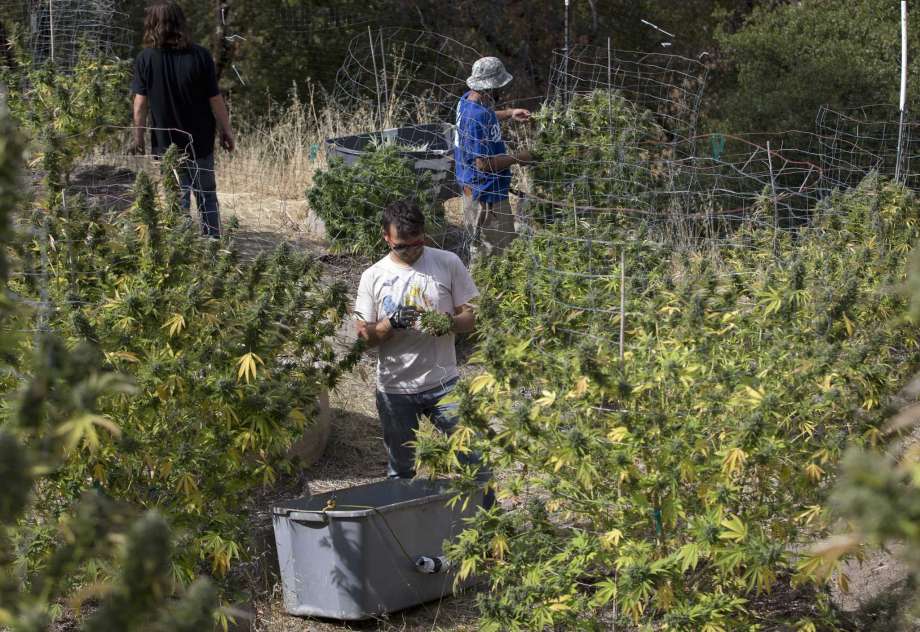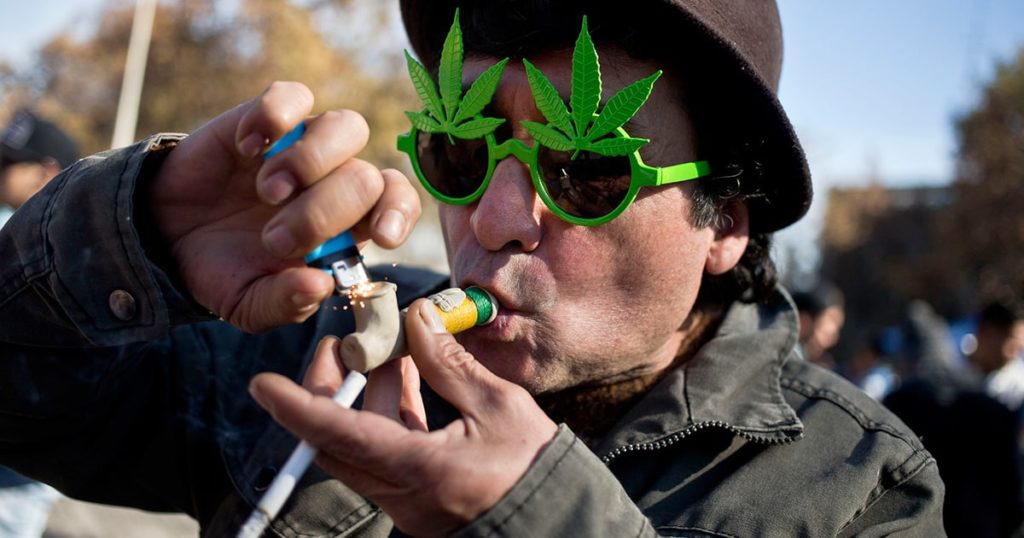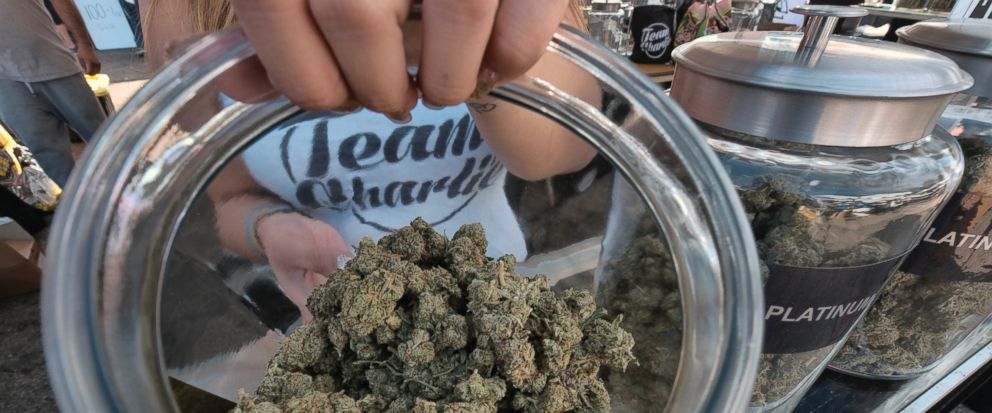That legal weed you’ll be able to buy in California on New Year’s Day may not be as green as it seems.
Any marijuana sold when recreational sales become legal Jan. 1 in the nation’s most populous state will have been grown without regulatory controls that will eventually be in place. Pot could contain pesticides, molds and other contaminants.
“Buyer beware,” cautioned Donald Land, a University of California, Davis, chemistry professor who is the chief scientific consultant at Steep Hill Labs Inc., which tests marijuana in several states.
Earlier this year, Land oversaw testing that found 93 percent of samples collected by KNBC-TV from 15 dispensaries in four Southern California counties tested positive for pesticides. That may come as a surprise for consumers who tend to trust what’s on store shelves because of federal regulations by the U.S. Agriculture Department or the U.S. Food and Drug Administration.
“Unfortunately, that’s not true of cannabis,” Land said. “They wrongly assume it’s been tested for safety.”
Stiffer regulations and testing requirements are being phased in next year, but growers and sellers have a six-month grace period to sell existing inventory grown under the loosely regulated medical marijuana program in place two decades.
With only a year to a develop a complex bureaucratic infrastructure of regulations, taxes and licensing for recreational marijuana, state officials recognized it wasn’t realistic or fair to require inventory grown or manufactured under existing rules to suddenly meet testing standards.
Shops will have six months to sell the current crop of cannabis before their inventory has to pass tests. Any pot harvested or manufactured after Jan. 1, however, will be subject to testing for potency and contaminants with a high public health risk. Stricter limits will be phased in by the start of 2019.
Meanwhile, any pot that hasn’t been tested will need to be labeled, said Alex Traverso, Bureau of Cannabis Control spokesman.
“At first they were mad because they couldn’t sell their stuff the way they wanted to,” Land said.
But eventually, manufacturers figured out how to more safely produce their products, and two years later all 140 samples the lab tested passed. He thinks a similar thing will happen with pesticides as testing becomes mandatory and the industry adapts.Initially, though, it could mean lower yields.
Mike Winderman, manager of The Green Easy in Los Angeles, supports the idea of eliminating pesticides, but also thinks the issue has been overhyped when the vast majority of crops that people eat are grown with pesticides and even organic crops could be subject to pesticides drifting from nearby farms.
“I think it’s a little funny that this year everybody’s caring about pesticides,” he said. “People have been smoking weed 30, 40, 50 years, and it’s never been an issue.”
Like many shops, Winderman’s products are tested for potency, but not pesticides. Prices are dropping for the current crop because they have a limited shelf life due to the regulatory controls that will eventually go into place.
Winderman said he wouldn’t be surprised to find shops snapping up inventory now to avoid taxes that will take effect Jan. 1 and because some popular products may not be available if small producers who don’t want to pay registration fees drop out of the industry.
Robert Watson, assistant manager of Dutchman’s Flat in San Francisco’s Dog Patch neighborhood, said it isn’t an issue because his dispensary always tested for pesticides and will continue to do so if it is allowed to sell recreational pot.
“It’s something we believe in,” Watson said. “I think most patients out there wouldn’t get medicine that isn’t tested.”











